The answer may not surprise you
Per usual, a number of disturbing revelations floated to the surface at PWSA’s September 15 public meeting about the Four Mile Run Stormwater Improvement project. Highlights include:
- The plan calls for removing 900 trees from the Junction Hollow/Panther Hollow section of Schenley Park, according to Tim Nuttle of Civil & Environmental Consultants (CEC). Most of the trees slated for removal, Mr. Nuttle said, are located at the north end of Schenley Park in the Panther Hollow neighborhood. Presumably, this total does not include trees that would be cut down by the controversial Mon-Oakland Connector (MOC) road through Schenley Park.
- Part of the project attempts to address the large amounts of runoff from the Parkway East overpass that cuts through The Run, but despite talks between PWSA and PennDOT there is currently no plan for PennDOT to share any of the costs.
- The MOC and the foot path have both been moved since the previous PWSA meeting on June 18 of this year. PWSA representatives said they heard that people didn’t want the walking trail right next to the MOC, which is designed to accommodate motorized shuttles between Hazelwood Green and the university campuses in Oakland. The foot path, in the latest PWSA presentation, has been moved to the other side of the soccer field. The MOC has also changed course, but in the presentation a photo covered a critical turn in its path. Before reaching the southern entrance to Schenley Park, where they diverge at the soccer field, the two paths are still side by side. Twitter user @Bram_R recalled, “When [residents] asked about the safety of that, were told there’d be ‘a piece of wood or something’ separating [the MOC and foot path].”
- PWSA has spent months telling concerned residents that no model of the Four Mile Run Stormwater Improvement project exists that excludes the MOC. But during this most recent meeting, PWSA representatives divulged that such a model does exist. According to this new narrative, the MOC was added to the stormwater models after initial public meetings where residents expressed concerns about how a new asphalt road (and associated removal of trees) would affect the project’s ability to address the flooding issue in The Run.
MOC opponents contend that the MOC—a development project designed to lure corporations to Hazelwood Green—should not take precedence over the stormwater project. The core project in Schenley Park has long been considered “technically challenging” even without incorporating a new road.
PWSA continues to withhold the MOC-free model from residents, and did not use it in their chart where they showed a net benefit in flood control. The presentation implied that this positive result is because of MOC, rather than despite MOC. Without an MOC-free model, the road’s true impact on flood control cannot be measured.
- Discussion of “BMPs” (best management practices) revealed that the BMPs in question were “swales,” or ditches, to hold runoff from the MOC road. These deep ditches are placed directly next to the youth soccer field.
- After the June PWSA board meeting, PWSA executive director Will Pickering responded to resident concerns over undue influence over PWSA by Mayor William Peduto and the private interests that define his administration’s agenda. A resident had stated that all except one board member were nominated directly by Mayor Peduto. Mr. Pickering clarified via email, “Ms. [Margaret] Lanier’s initial term on the PWSA Board was prior to Mayor Peduto’s term(s) as Mayor, but all appointments to the PWSA board are nominated by the Mayor and approved by Council. Ms. Lanier’s most recent nomination was indeed put forward by Mayor Peduto.”
At the September stormwater project meeting, PWSA Chief of Program Management Alex Sciulli elaborated that a committee formed by Mayor Peduto chose the latest round of PWSA board nominations. According to the Pittsburgh Post-Gazette, the committee is “chaired by Mark Nordenberg, University of Pittsburgh chancellor emeritus and chair of the Institute of Politics. The other members…include Community College of Allegheny County President Quintin Bullock, former Regional Asset District Executive Director David Donahoe, Women for a Healthy Environment Executive Director Michelle Naccarati-Chapkis and Heinz Endowments President Grant Oliphant.”
The Heinz Endowments is one of three foundations that comprise Almono Limited Partnership, which owns the vast majority of the Hazelwood Green site—the development of which MOC is intended to bolster.
Mayor Peduto, a longtime proponent of MOC, faces an estimated $100 million budget shortfall this year because of COVID-19. The City’s capital budget includes $23 million for MOC over the next few years—$9 million for 2021 alone. Approximately $2 million has already been spent on “community outreach”—marketing efforts to convince residents of affected communities they should abandon efforts to stop the road from being built.
Mayor Peduto’s chief of staff, Dan Gilman, tweeted on September 15: “Today, City Council approved the Mayor’s 3 appointees to the @pgh2o board. These three women – BJ Leber, Rosamaria Cristello, and Dr. Audrey Murrell are going to be tremendous leaders in helping PWSA continue to modernize and provide a safe and reliable water system.”
When @Bram_R commented that “it’s going around that these 3 new board members came off a list given to the Mayor by Pitt & CMU, and that they’re ‘their’ appointees. W Almono nearby as well, [residents] have a lot of concerns that their neighborhood is being slated for gentrification,” Mr. Gilman responded, “This is completely untrue. The names came from suggestions by the PWSA Board Nominating Committee that was publicly announced and part of the recommendations from the Blue Ribbon Panel.”
The panel Mr. Gilman mentioned includes Jared Cohon, former president of Carnegie Mellon University (CMU).
Twitter user @BarbWarwick2 replied to Mr. Gilman with background on the three new board members: “Looks like Ms. Cristello works at CMU and Dr. Murrell at Pitt. Ms. Leber is CEO at adagio health, which is associated with UPMC. All very accomplished women indeed, but the ‘eds and meds’ comment is not wrong. PWSA board could use at least one or two resident advocates, no?”
Asked why the PWSA’s June presentation accounted for only $14 million of the $40 million project budget, PWSA acting senior manager of public affairs Rebecca Zito responded in an email, “The remaining funding can go towards future projects in the upper portions of the watershed, provide opportunities to collaborate with the universities and other community organizations on future stormwater projects, or revisit some of the original green infrastructure projects planned for Panther Hollow Stream and Phipps Run.” (emphasis added)
After decades of steadily worsening floods in The Run and avowals from city officials that they lacked funds to fix it, residents have every right to demand that the $40 million secured for the Four Mile Run Stormwater Improvement project addresses their dire public safety need rather than accommodating a project to benefit The Heinz Endowments, the University of Pittsburgh, CMU, and a handful of other private entities. Yet these very entities have been tasked with overseeing the PWSA and its execution of the Four Mile Run Stormwater Improvement project.
You can view the PWSA’s June 18 presentation on their website, and PWSA has promised to post a recording of the September 15 meeting and accompanying presentation soon.

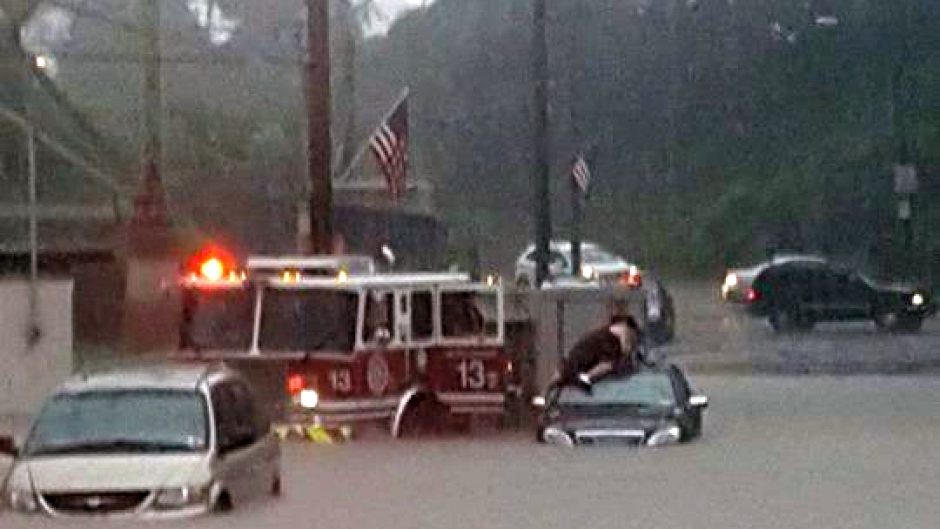
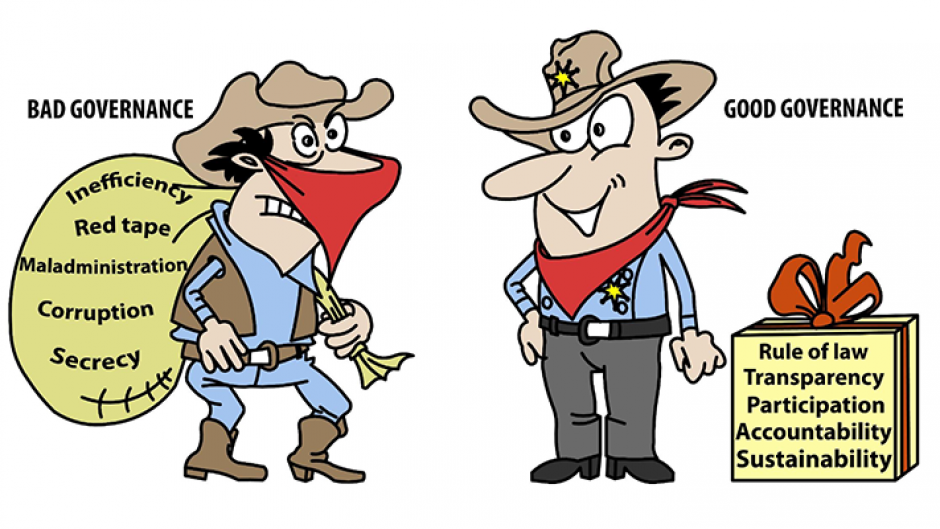
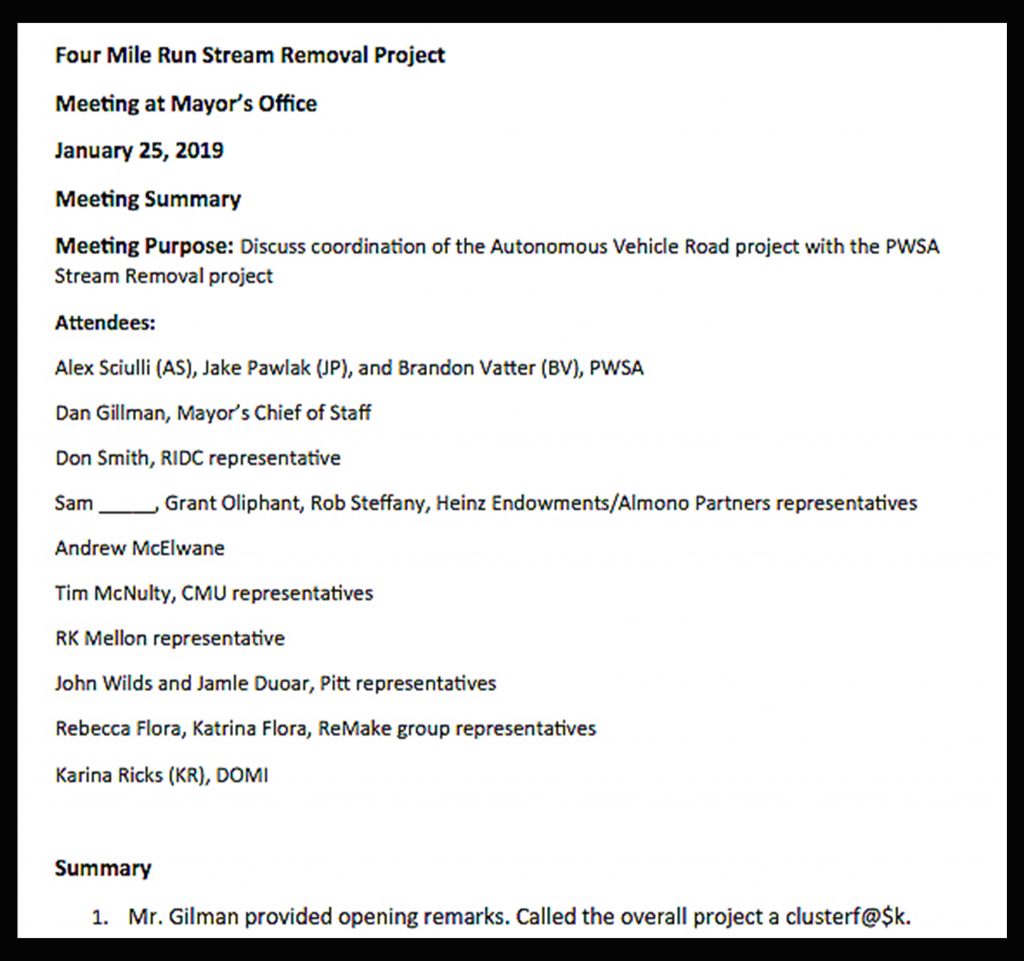
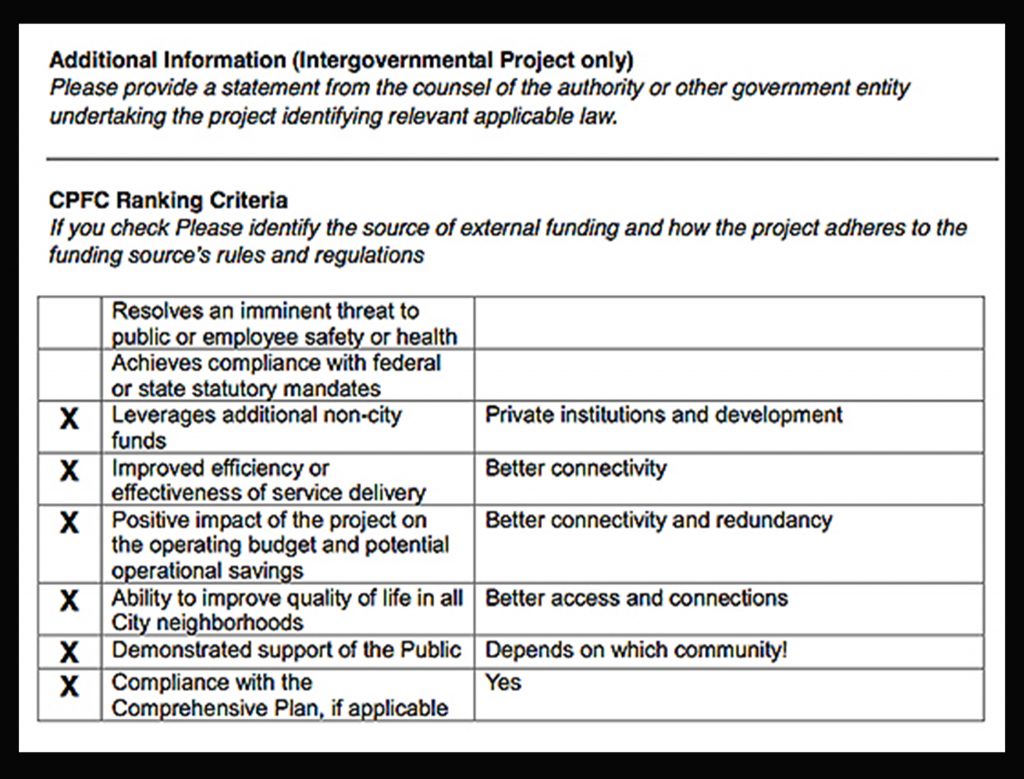
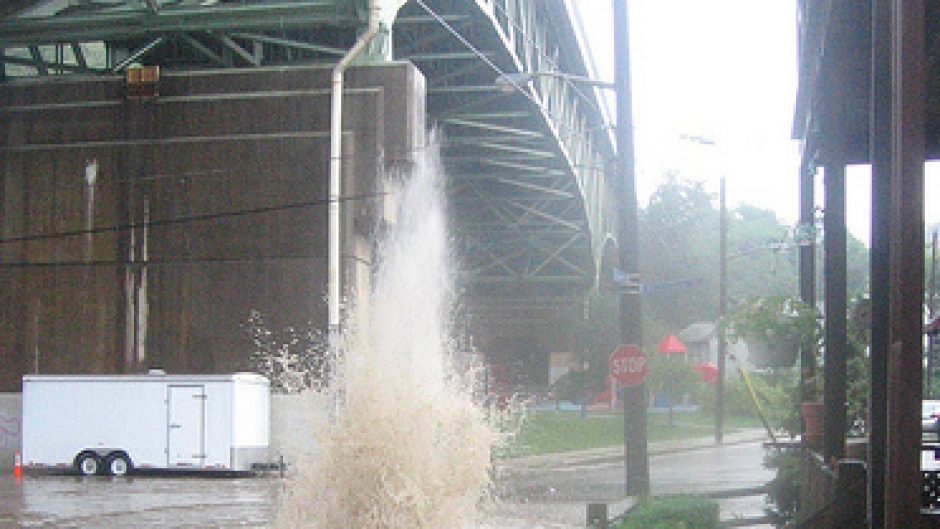
Recent Comments